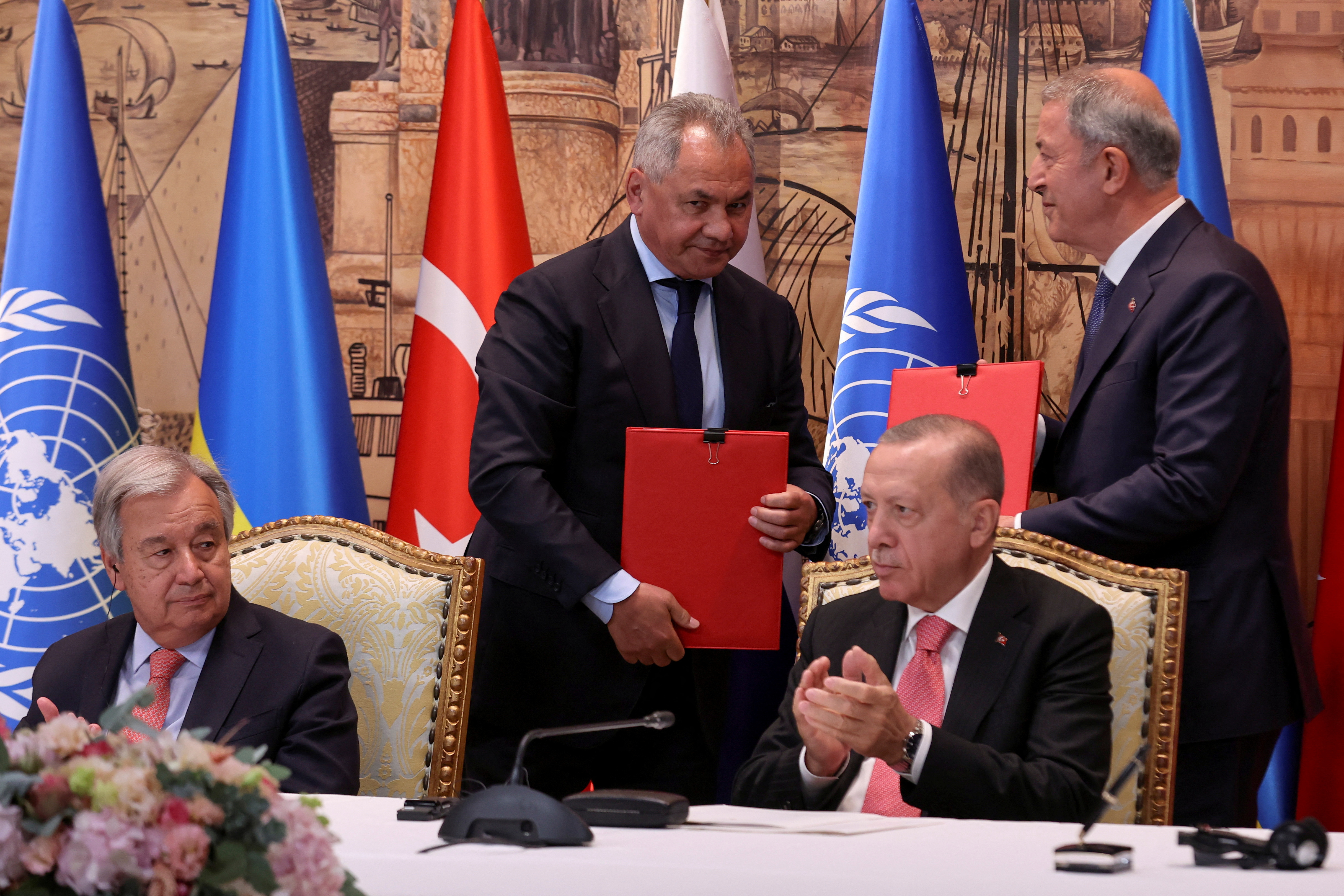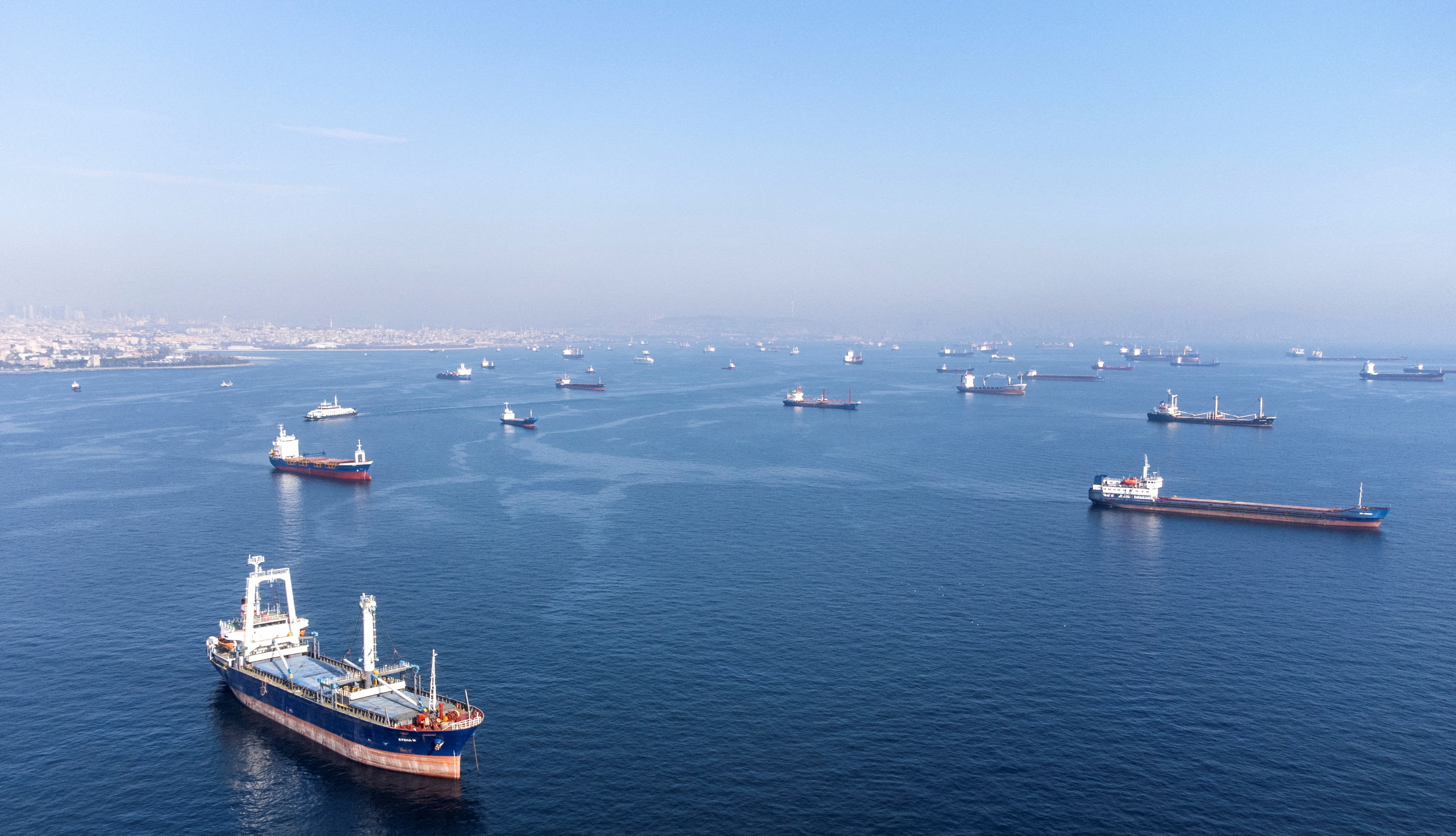
Moscow is likely to pull the trigger and stop its participation in the Black Sea grain deal if sanctions continue. Read to know more.
Russia threatens to pull out of Black Sea grain deal
Russia is threatening to stop participating in the landmark Black Sea grain deal if the sanctions and obstacles against exports from Russia continue. Russian Foreign Minister Sergei Lavrov issued the threat during his recent visit to Turkey which helped broker the deal along with the UN last year. Following Russia’s invasion of Ukraine, the halt in grain supply shipments in the region almost triggered a global food crisis.
“If there is no further progress in removing barriers to the export of Russian fertilizers and grain, we will think about whether this deal is necessary. Any negotiation needs to be based on taking into account Russian interests, and Russian concerns. It should be about the principles on which the new world order will be based,” stated Lavrov. He added that Moscow is against a unipolar world led by ‘one hegemon,’ referring to the US.
More on the threat

The move comes weeks after Turkish President Recep Tayyip Erdogan announced an extension on the Black Sea gran deal. However, he did not specify the extension. “Following talks with the two parties, we have assured the extension of the deal that was due to expire on March 19. This deal is of vital importance for the global food supply. I thank Russia and Ukraine, who didn’t spare their efforts for a new extension, as well as the United Nations secretary general,” stated Erdogan in a televised address.
However, this is not the first time Russia is issuing a threat against it. In October 2022, Moscow pulled out citing alleged drone attacks in Crimea Bay. “In light of the terrorist activities carried out by the Kyiv regime with the participation of British experts against ships of the Black Sea fleet and civilian vessels involved in the security of grain corridors, Russia suspends its participation in the implementation of the agreement on the export of agricultural products from Ukrainian ports,” read the statement.






